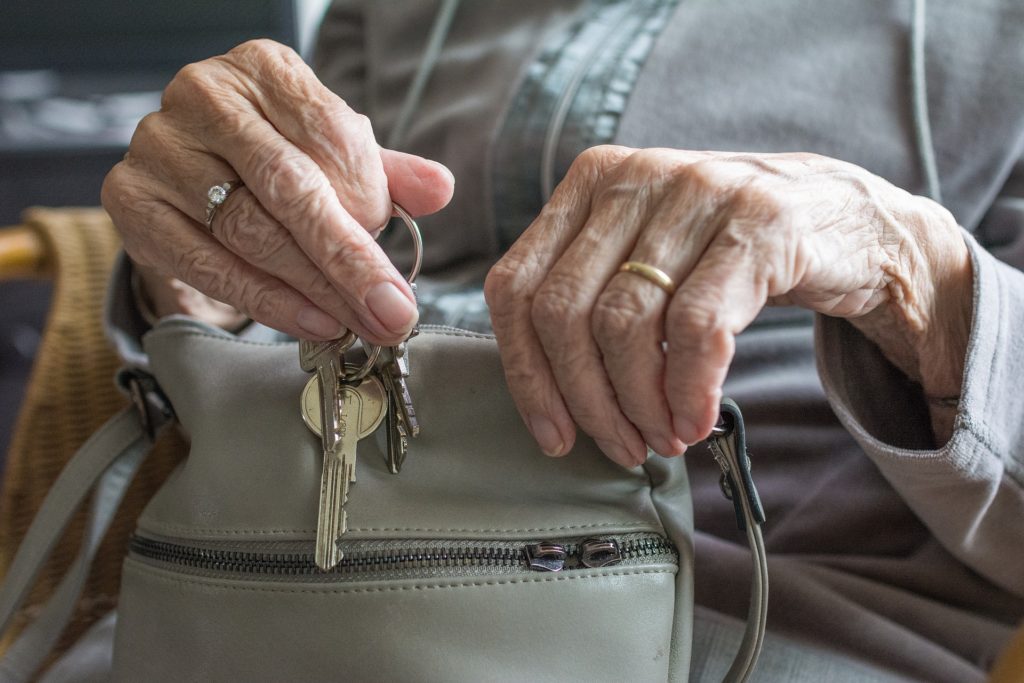Why we need to talk about elder abuse.

Why we need to talk about elder abuse.
Monday 15th June marked the United Nations’ World Elder Abuse Awareness Day. This may have passed you by as there was very little coverage of it in the UK media. This is unsurprising as it is an area which seems to have gone largely unnoticed for many years.
We may ask ourselves why, and the probable answer is that we find it too unacceptable to contemplate. Surely no one would be abusive to their parents? However, many of us would say that about parents being unkind or abusive to their children yet this has gained much more publicity and now it is accepted in society that this happens and indeed is unfortunately, not uncommon. The same cannot be said for elder abuse. It remains a taboo subject. What does seem to be different is that child abuse seems overall to be linked to socio-economic conditions, yet elder abuse does not, in my experience, follow the same pattern. It arises equally in wealthy families – perhaps because it is motivated largely by money.
In my years of dealing with various family disputes I have on many occasions come across families where it is evident this is a real problem.
So how does abuse manifest itself? In some instances, it can simply be physical abuse but more often than not it includes financial and/or mental abuse. If we look at our society today it represents a prime opportunity for those who seek to manipulate the elderly. We are encouraged to care for the elderly in their own homes. Often this means all or at least part of that care coming from family members. Whilst in the vast majority of cases this is an ideal solution – grandparents available to provide care for children and the grandparents having family on hand to care for them as and when they need it – it also provides an ideal opportunity for those seeking to manipulate the situation.
There are a growing number of families who own property jointly with their children. In many instances this works well, for the reasons outlined above, as well as pooling resources to be able to afford a more generous-sized property. However, we need to be alive to the fact that it also affords the opportunity for the more unscrupulous to take advantage.
We must not lose sight of the fact that the perpetrators are not always children. Whilst I have talked about extended families living together there are also those families, especially in more remote areas, where the children have perhaps moved away, maybe even overseas. This section of our community forms a target for all manner of abuse – whether it be from the salesman at the door forcing the elderly to part with their cash or unscrupulous carers. Someone lonely and elderly is a prime candidate for a growing number of semi-professional liv-in carers to exploit the situation. I have heard many shocking stories and when you delve deeper into the credentials of these “carers” you find that this is not the first time they have befriended an elderly person, moved in and then helped themselves to the cash and sometimes the house.
Of course, it is easy to then move to a situation where you begin to suspect all carers especially if they are non-professional carers. There are many people out there who just want to help and befriending and being kind to the elderly is just what they do. At this time especially it is something to be lauded. The key is that we must all be alive to the fact that there are, as in all walks of life, the unscrupulous ones out there. If we are aware this happens then we can hopefully recognise the signs and prevent the unscrupulous children and carers from detracting from the enormous amount of good work being done to provide care.
I see this because I help families in dispute. Perhaps attempting to extricate themselves from a joint property to avoid continuing abuse or perhaps because family members realise after the death of the elderly person that something is not quite right. Often that is the first-time people realise that something is wrong – for the elderly person who may have suffered the abuse however, that is too late. Let’s hope that National Elder Abuse day raises awareness of this problem and we can move to a situation where, rather than ignore it, we recognise that it does happen and that it takes all of us to spot the signs to help reduce this growing problem.
Speak to our family dispute experts today
If you have concerns about a family dispute or contested Will, speak to our team of experts. Amanda Melton who heads up our family disputes team has a wealth of experience in dealing with such unusual applications.
Call us on 03456 381381 or email us at estatemanagement@ibblaw.co.uk
